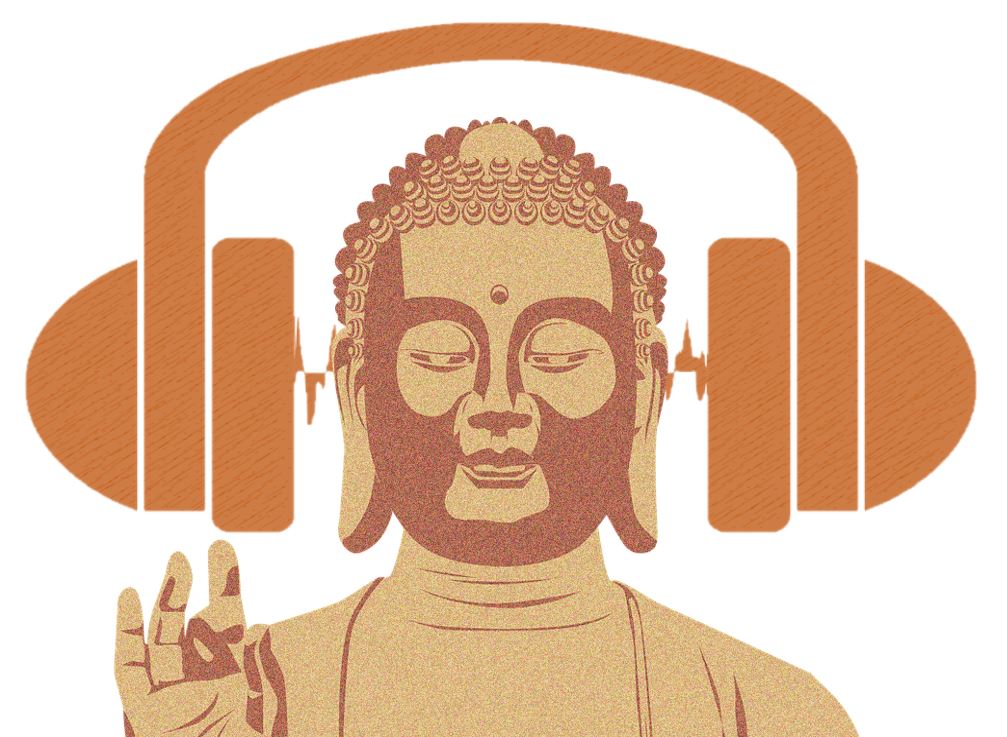
The main person who gets in the way of allowing us to feel sympathetic joy (mudita in Pali) and gratitude is you know who. Often we compare ourselves to others and find we don’t measure up in some way. Envy and jealousy are the opposites of sympathetic joy. The Buddha encouraged us to challenge our assumptions and to cultivate this capacity to find joy in the good fortune of others. Ajahn Pasanno says, “Cutting through self-view is the Buddha’s unique contribution to spiritual practice. Mudita is antithetical to the self-view that we carry around with us and leads us to a place of boundless and immeasurable joy.”
